
I’ve never been a fast reader. As a kid, I never really enjoyed reading. I remember reading required books for high school like Beloved by Toni Morrison and Ceremony by Leslie Marmon Silko, but I don’t remember enjoying the act of reading. I read because I had to for school. I kept my head down during class discussions and did my homework and graduated as quickly as possible.
It wasn’t until twenty years later when my son and daughter were in elementary school that I learned that I may have dyslexia. My middle son struggled to learn how to read. When he was in the 2nd grade, we noticed that he really resisted reading. His teachers told us about executive functioning learning disabilities They wouldn’t use the word dyslexia. My wife and I quickly sought outside testing and learned that yes, he is dyslexic. A few years later, we had my youngest daughter tested and she also has dyslexia.
In 1895, James Hinshelwood, a physician, was the first to recognize “word-blindness” and its familial clustering. When my children were diagnosed with dyslexia, I learned that there is a 60% chance that they inherited it from me. Since I struggled to enjoy reading in school, I started to realize that my struggles were most likely because of my own dyslexia. It took me until I was in my early 30s before I began to enjoy reading.
Today, reading is a huge part of my life. I don’t read quickly, but I read daily. I always have an audiobook playing in my car. I have developed the habit of collecting books from the library and bookstore and stacking them around my office, night stand, and kitchen table. When family members complain, I proudly explain that these piles of books are part of my antilibrary, a term created by Nassim Nicholas Taleb, and that I am practicing the ancient Japanese art of Tsundoku.
I believe that my mindset is fluid. I look to authors as mentors and reading as mentorships. I treat the books I am reading as a conversation with the author.
I let books push and transform my thinking. I love sharing what I read in case something that I resonate with, might resonate with others.
Here are five books that are helping me be a better teacher.
1. Storytelling With Purpose: Digital Projects to Ignite Student Curiosity by Michael Hernandez
I have always wanted to hear Michael Hernandez speak. He has presented a number of times at SXSWEDU, which the best educational conference I’ve ever attended. His latest book, Storytelling With Purpose collects his keynote topics, as well as experiences with students in his classroom. I wish I had a high school teacher like Hernandez. I have read his writing for few years because I was drawn to his desire to design authentic learning experiences. Storytelling with Purpose is exactly what I have always wanted: practical advice and examples of how to plan, create, publish and assess student stories. Using digital storytelling as a learning framework, Hernandez shows how storytelling can help students activate higher-level thinking to conduct research, process ideas and information, and share the synthesis of these ideas with an audience.
2. Undoing the Grade: Why We Grade, and How to Stop by Jesse Stommel
I wrote about my goal of getting rid of grades in my classroom and focusing more on qualitative instead of quantitative assessments. Since I teach in a standards-based school district, I am required to give grades at the end of each trimester. However, I have stopped grading individual assignments, and have started daily conferences with my students where I ask questions and engage them in conversations about their work. My intention is to help my students focus on their learning process instead of the final product, project, test, etc.
Dr. Stommel’s book collects 20 years of his research about grades and how they negatively affect students academically and socially. If you want a quick introduction to ungrading, check out his webinar on ungrading and alternative assessments. Stommel’s website is also a treasure trove of resources for educators.
Undoing the Grade is an incredible book that I have referenced a ton this school year.
3. Be Useful: Seven Tools for Life by Arnold Schwarzenegger
I never said that all of these books would be “teacher books.” I listened to this audiobook during my morning commute and then before bed while following along. I immediately made my teenage children read the book and we have had some great dinnertime conversations around Schwarzenegger’s principles.
First, I highly recommend the audiobook. I love listening to Schwarzenegger! With a book like this, listening to the author really makes it feel like you are being coached. It is like he is in the car with me telling me to think big and work my ass off. I’ve even started contemplating what classroom norms/rules would look like if they were based on Schwarzenegger’s seven tools for life. I think many of these could apply to ten-year-olds as well as adults.
4. Your Brain on Art: How the Arts Transform Us by Susan Magsamen and Ivy Ross
Before you start reading this book, click on the above picture and check out their website. It is incredible! There are so many awesome visuals and videos. Exploring the site will make you even more excited to read the book.
I received this book as a gift with no previous knowledge of Magsamen and Ross and their collective research and work in Silicon Valley. I had no idea what to expect. I fell in love with the idea of neuroaesthetics and immediately set out to learn more. Depending on your time commitment, here are Ross and Magsamen discussing their work. If you want something longer, here they are presenting at Summit Palm Desert.
5. Being Present: Commanding Attention at Work (and at Home) by Managing Your Social Presence by Jeanine W. Turner
This book is forcing me to examine how my students and I interact with each other in the classroom. I first learned about Dr. Turner’s research on entitled presence from an EdSurge podcast.
Since I have been struggling to engage my own students, I resonated with Turner’s premise that due to technology, as presenters and educators, we can no longer assume a captivated audience.
Here is Dr. Turner discussing social presence on The Gary Bisbee Show.
I am writing a longer Substack post on how I am struggling to compete for my students’ engagement because of their newly acquired agency in not paying attention. Stay tuned!
If you have read any of these books, feel free to leave a comment and add to the discussion. I’d love to hear your thoughts or get other reading recommendations.
Have a great week!
— Adrian



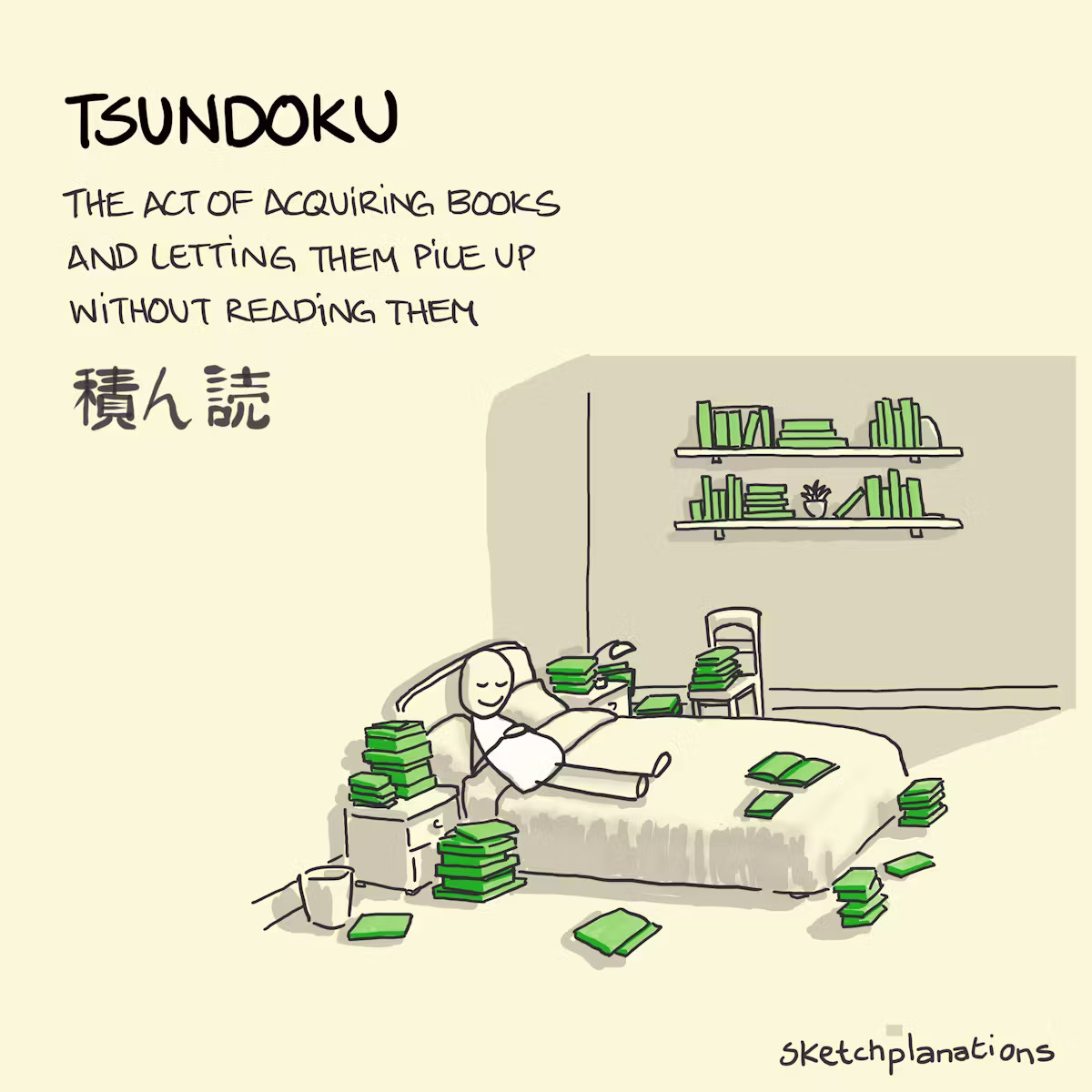
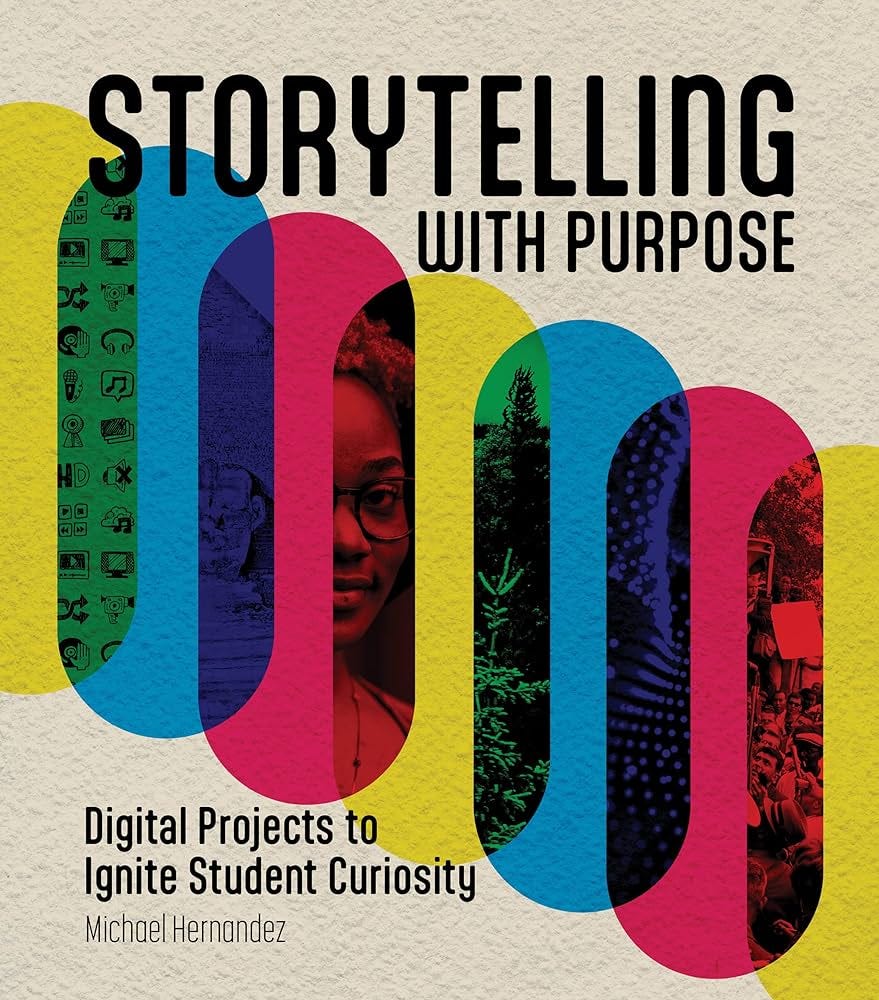
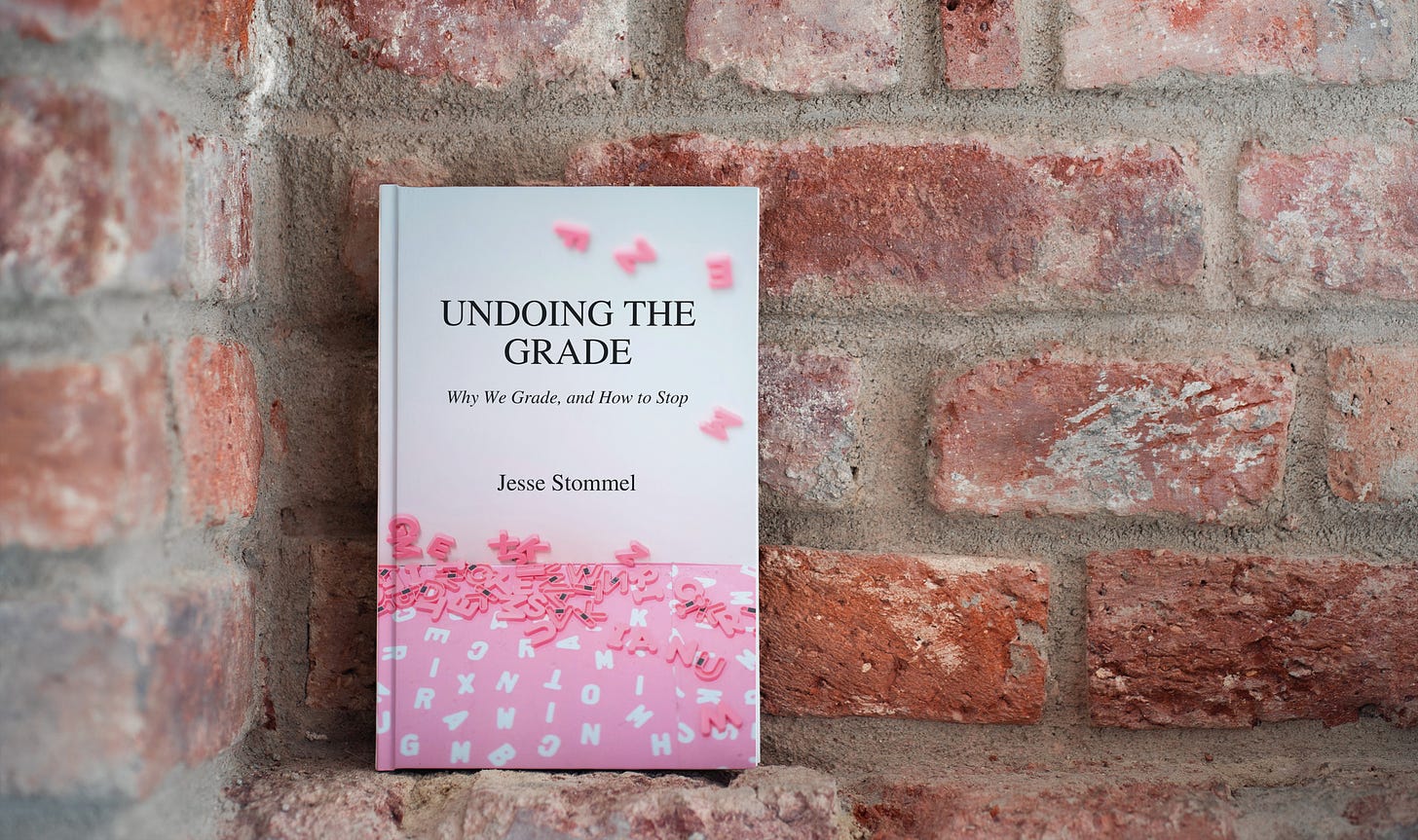
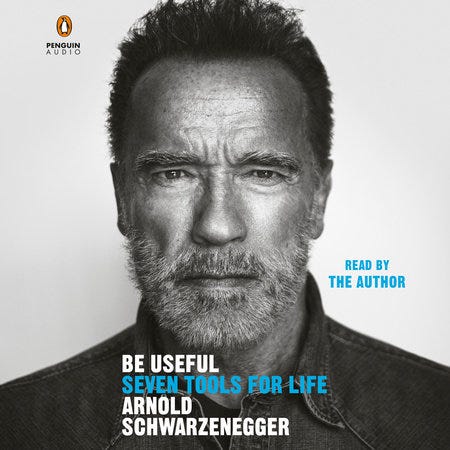
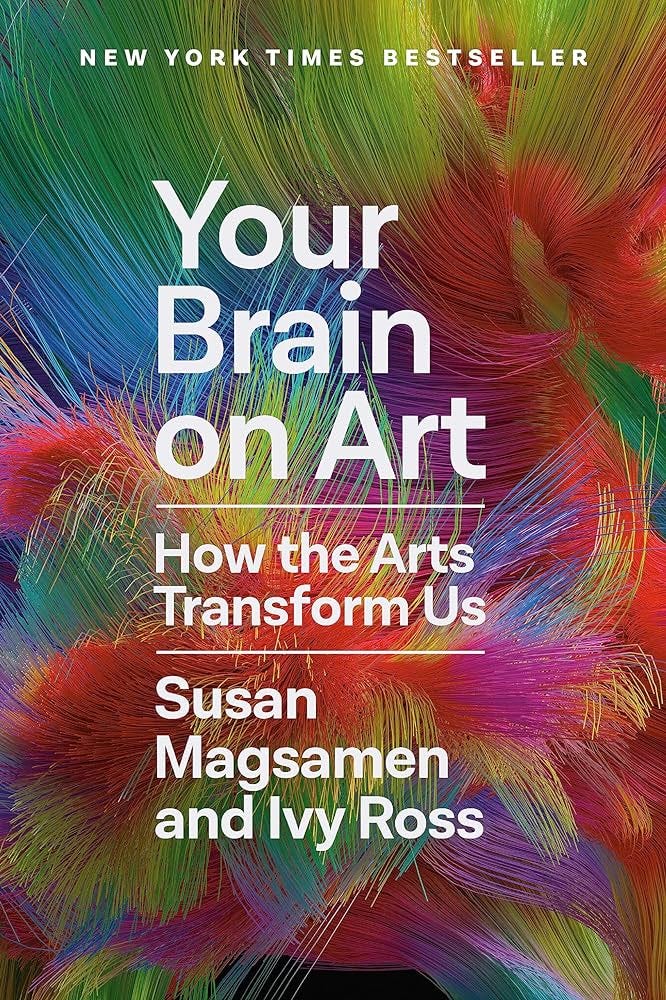
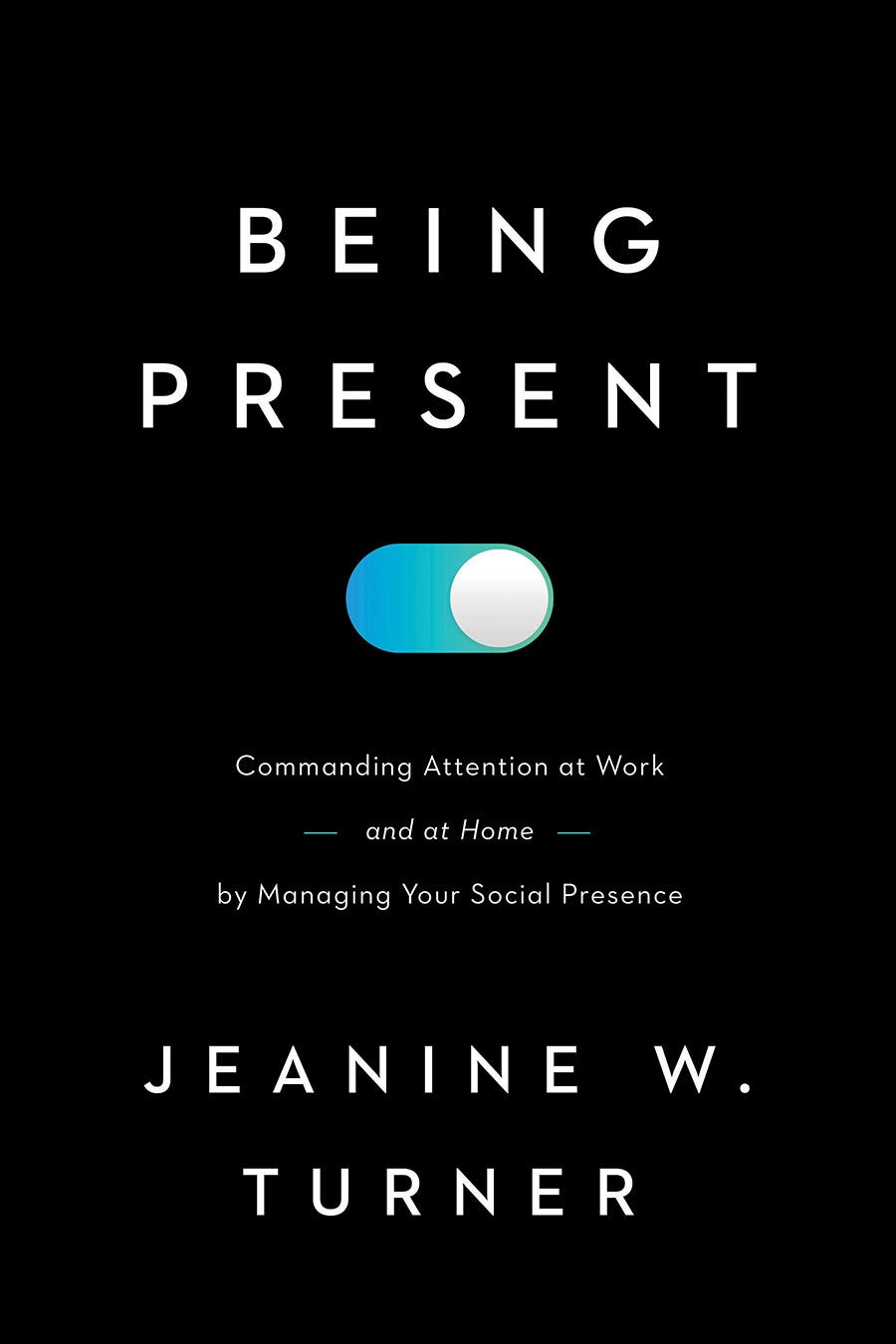
An enthusiastic Thank You!! (Imagine me presenting you with a cake with my thanks written on top) These recommendations are gems and I've promoted them to the top of my TBR list. Surely there's room on my nightside table for a few more. I'll share the titles with my staff too. Yay!!